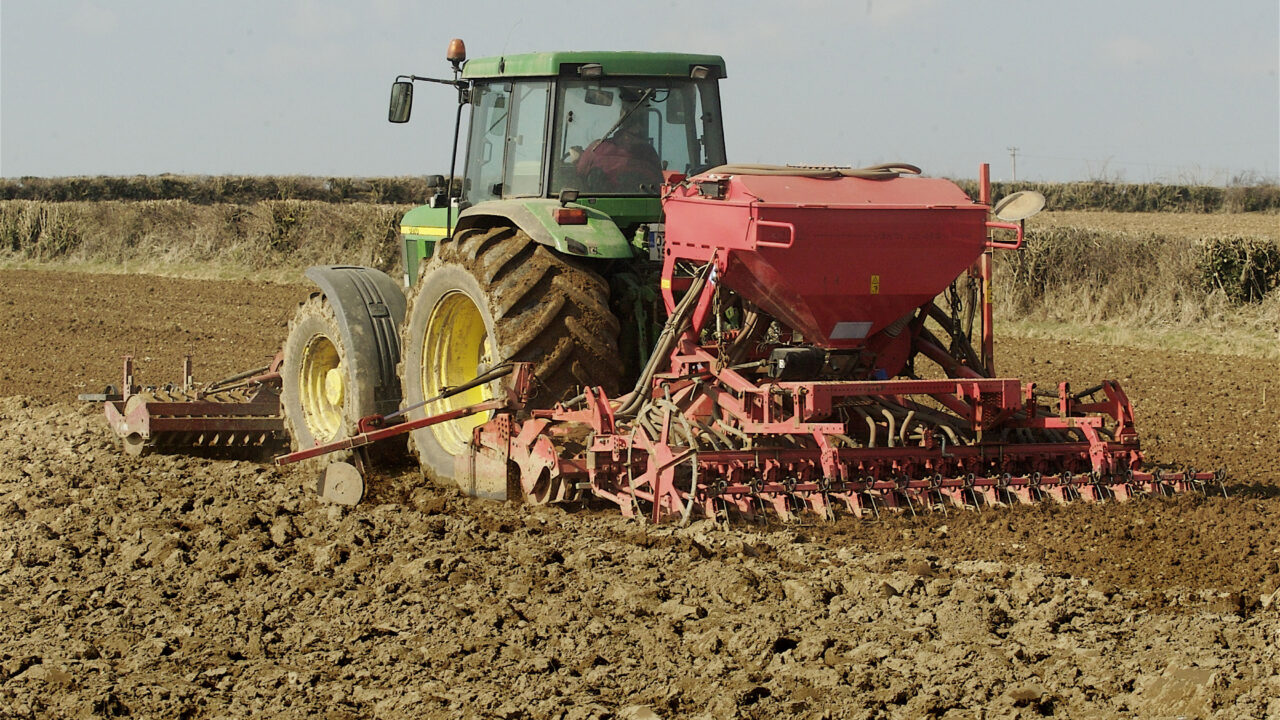An unprecedented income crisis and a difficult spring is putting the future of Ireland’s tillage sector in doubt, IFA’s Liam Dunne has said.
IFA National Grain Committee Chairman, Dunne said that current indications suggest that the spring barley area is likely to fall by 15,000ha this year, with many growers forced to leave the land fallow.
Dunne said there are serious question marks concerning the medium-to-long term viability of arable crop production in Ireland and across Europe.
He also said that the European Commission has also failed to recognise the worsening income situation and to take appropriate measures to support growers.
“Current price offers for old and new crop grain for the fourth year running are significantly below the cost of production with little prospect of a major lift between now and harvest.
EU crop diversification requirements are adding to farmers’ woes as it is now too late to sow many spring crops such as beans, wheat, and oats.
The IFA Grain Chairman also said that the current greening requirements are inflexible and do not take account of soil or weather conditions, which forces farmers to sow crops to satisfy bureaucratic requirements rather than the market needs.
“The system must be changed to give greater flexibility to farmers given the vagaries of Irish weather.
“Allowing growers, for instance, to establish a catch post-harvest on a portion of the area would deliver more flexibility to growers and greater benefits for the environment,” Dunne said.
Dunne also called on the Commission to take immediate action to help growers and ensure that Irish and EU grain remains viable.
The greening requirements must be simplified to allow growers greater flexibility to deal with difficult with weather situations.
“Fertiliser import tariffs and anti-dumping duties on non-EU fertiliser must be abolished to help realign input costs.
“The approval of plant protection products must be science based. In addition growers must be given access to low cost EIB funding,” Dunne said.
